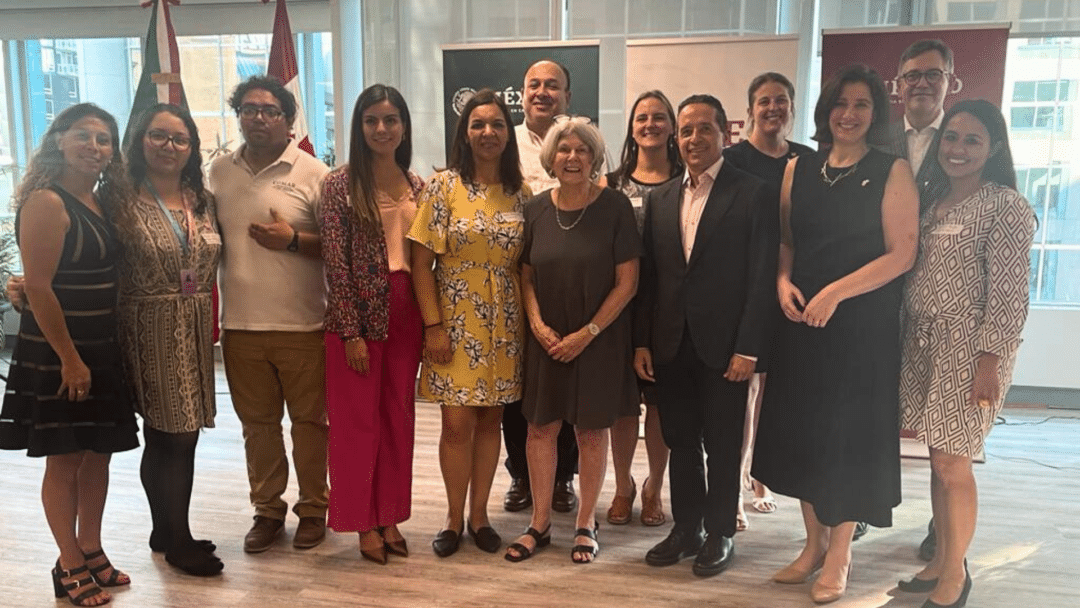
PROJECT UPDATE
Project Overview
This initiative supported the Mexican Commission for Refugee Assistance (COMAR) in implementing a gender-balanced mechanism to facilitate the Complementary Educational Pathways Program for refugees in Mexico.
Project Profile
The Technical Assistance Partnership-Expert Deployment Mechanism (TAP-EDM) project, in collaboration with Canadian experts in immigration and educational services for refugees, Michelle Manks and Andrée Ménard, worked with COMAR to review norms, regulations, agreements, requirements, systems, processes, and tools to implement the “Complementary Education Pathways for People with International Protection Needs” program. The work included a consultation process with key stakeholders using the Gender-Based Analysis Plus (GBA Plus) tool, identifying best practices and lessons learned, coordinating joint missions, and developing operational manuals and training workshops.
The initiative helped COMAR meet its obligations under the “Collaboration and Concerted Efforts Agreement,” signed with Mexico’s Undersecretary for Multilateral Affairs and Human Rights (SER), the United Nations High Commissioner for Refugees (UNHCR), and the Intercultural Dialogue of Mexico (DIME), and to increase the number of women beneficiaries in the program.
Key Deliverables
- Capacity Support and Training
- Consulted with key stakeholders on the Habesha project’s roles and challenges
- Visited Ottawa to learn about Canada’s education protection pathways
- Facilitated workshops to review support routes, develop a gender-sensitive program, and establish a monitoring and evaluation system
- Participated in formal meetings with the universities of Mexico City
- Technical Support and Knowledge Products
- Conducted a needs assessment report on gender-sensitive mechanisms for the Educational Pathways Program for Refugees in Mexico
- Developed a concept note on the Technical Visit to Ottawa
- Drafted an Operation Manual, Flowchart, and operational guidelines for stakeholder responsibilities
Project Outcomes and Lessons Learned
The project improved COMAR’s capacity to provide gender-responsive, quality education for refugees, meet obligations acquired under the DIME, SER, and UNHCR agreement, and develop innovative educational plans. A key lesson learned was that recruiting refugee students for interviews proved challenging due to timing and communication issues.
Reach and Engagement
Direct Project Reach:
- 77 participants engaged through workshops and other project activities
Public Engagement (Canada):
- 207 Canadians reached through outreach and knowledge-sharing events
Public Engagement Activities:
- Canadian expert Andrée Ménard participated in:
- The TAP-EDM Latin America and Caribbean Forum in Ottawa
- An Embassy of Mexico event in Ottawa organized with the TAP team and a visiting Mexican delegation during their technical visit
- The WUSC Local Committees National Training event in Ottawa
- Both Michelle Manks and Andrée Ménard published various social media posts about the initiative


